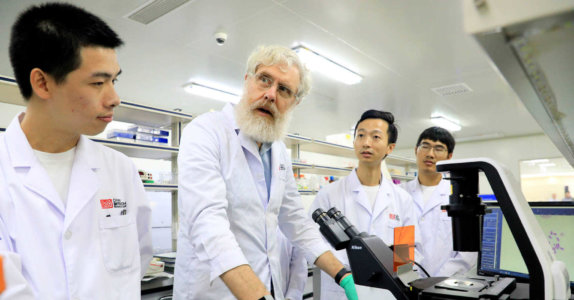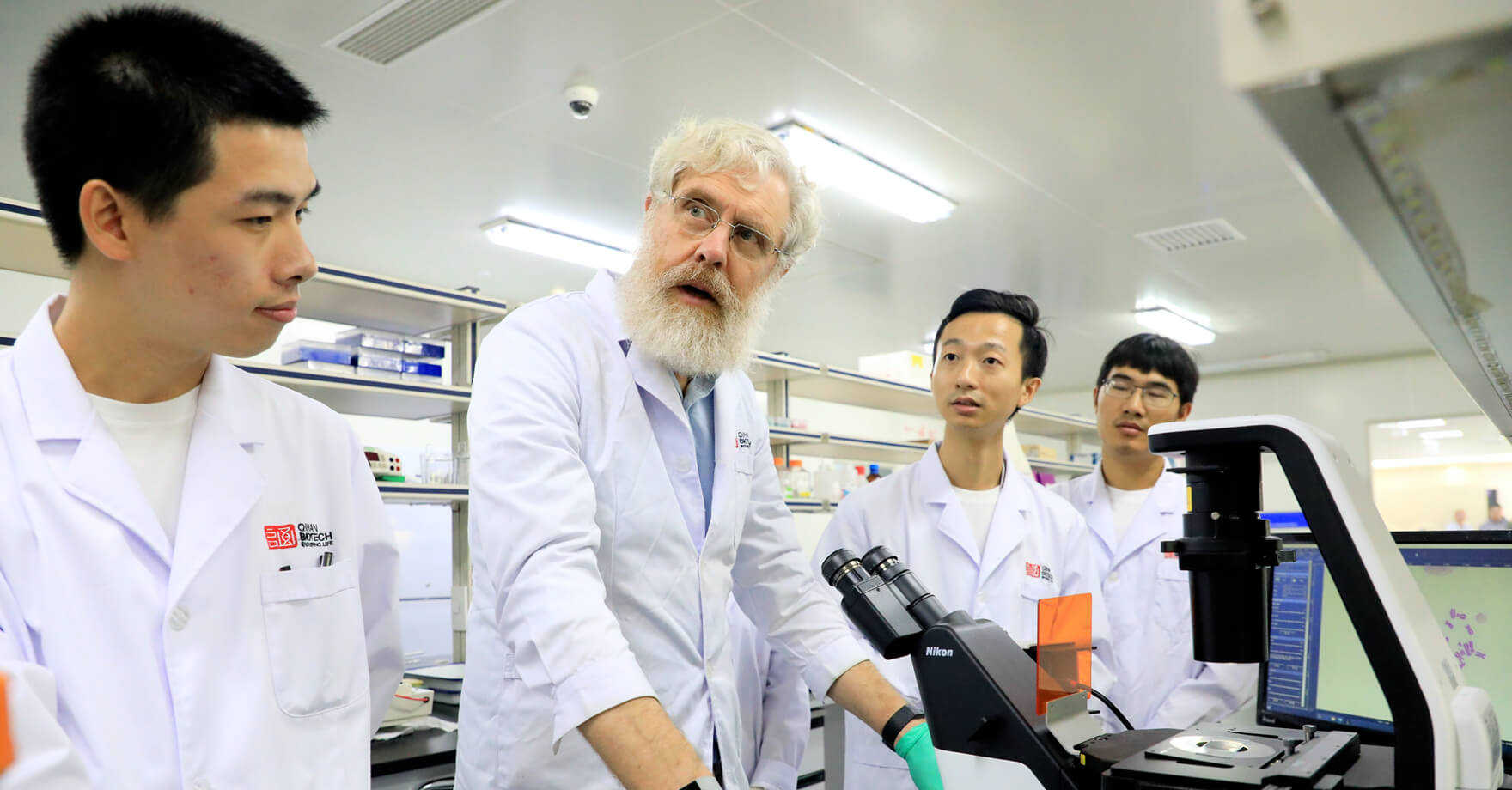Hangzhou Qihan Biotechnology Co., Ltd. is innovating in transplantable cells, tissues, and organs to solve the massive organ shortage crisis.
The company targets the scientific challenge of specific cell therapy by developing a multiplexable high-throughout gene-editing platform. The platform’s key feature is to reduce the immunogenicity of human stem cells, thus limiting their ability to provoke an immune response in transplant settings. Once the stem cells differentiat into different cell types, they have the potential to be used as universal, allogeneic therapies while reducing or eliminating the need for the patient to receive immunosuppressive drugs.
“Cell therapy is quickly becoming an indispensable weapon against cancer and other serious diseases, yet the technology behind cell therapy leaves much room for improvement. Autologous, or personalized, cell therapies can be prohibitively expensive, while allogeneic approaches to cell therapy still require the patient to be administered immunosuppressive drugs and have been prone to rejection by the immune system,” said Luhan Yang, Ph.D., CEO of Qihan Biotech. “To address these obstacles and realize the full potential of allogeneic cell therapies, the Qihan team is using our proprietary multiplexable gene editing technology, in combination with our extensive expertise in transplantation immunology, to create immunologically privileged human stem cells. Based on our progress to date, we are excited to announce that we have begun to employ this approach in clinical grade, GMP stem cells to enable the advancement of our first cell therapy products for human clinical trials.”
The George Church Connection
Co-founder George Church, Professor of Genetics at Harvard Medical School and Professor of Health Sciences and Technology at Harvard and the Massachusetts Institute of Technology (MIT), currently serves as the Co-Chairman of Qihan’s Scientific Advisory Board.

Capital Raising
Last year, the company raised a $25.5m Series A+ round. The financing was led by CMB International Capital and followed by Legend Star, Xinyi Biology, and BC Capital. Series A investors Sequoia Capital China and Northern Light Venture Capital signed for follow-up investment as well. In 2018, Qihan Biotech completed a Series A financing, raising a total of $33m.

